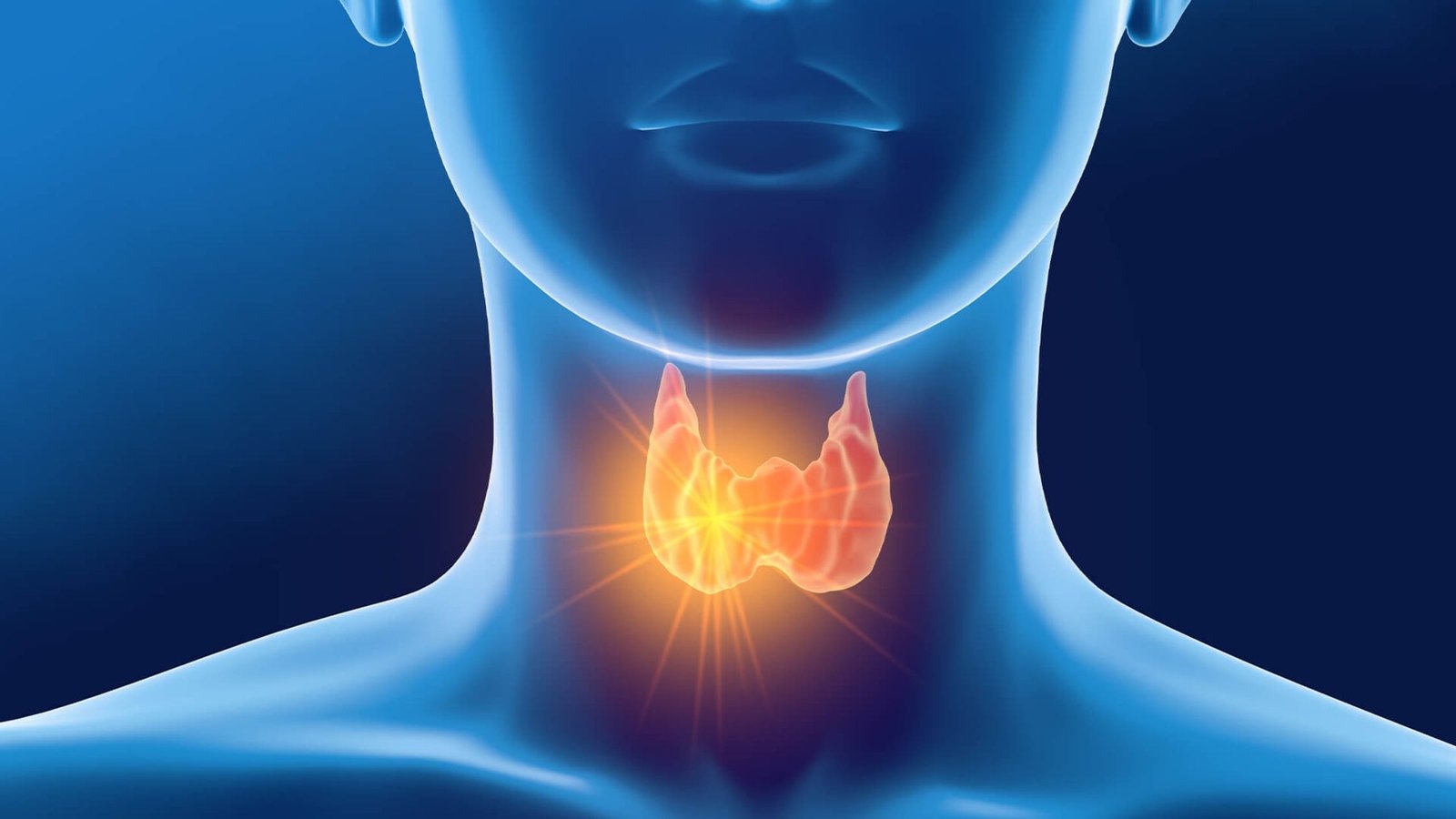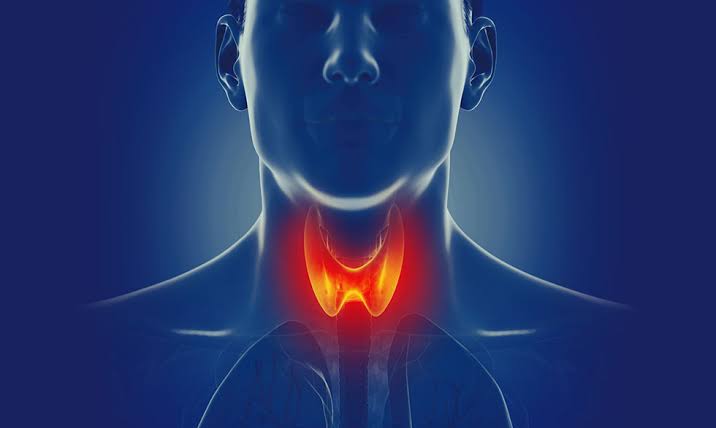
Introduction
The thyroid gland, a small butterfly-shaped organ located in the front of your neck, plays a significant role in regulating various bodily functions. When this gland encounters problems, it can lead to a range of thyroid diseases, affecting metabolism, energy levels, and overall well-being. In this blog post, we’ll delve into the world of thyroid diseases, exploring their causes, symptoms, and treatment options to help you better understand and manage these conditions.
Thyroid: Function and Importance
Before we dive into the specifics of thyroid diseases, it’s crucial to understand the normal functions of the thyroid gland. The thyroid is responsible for producing hormones — namely, thyroxine (T4) and triiodothyronine (T3), which are essential for regulating metabolism, body temperature, heart rate, and even your mood!! These hormones ensure that cells throughout the body are functioning optimally, and any disruptions in this delicate balance can result in thyroid diseases.
Common Thyroid Diseases and Their Causes
- Hypothyroidism:
Hypothyroidism occurs when the thyroid gland doesn’t produce enough thyroid hormones. This can lead to symptoms such as fatigue, weight gain, sensitivity to cold, and depression. Hashimoto’s thyroiditis, an autoimmune condition, is the most common cause of hypothyroidism. Other causes include iodine deficiency and certain medications. - Hyperthyroidism:
Hyperthyroidism is the opposite of hypothyroidism, where the thyroid gland produces an excessive amount of thyroid hormones. This can lead to symptoms like rapid heartbeat, weight loss, anxiety, and heat intolerance. Graves’ disease, another autoimmune disorder, is a common cause of hyperthyroidism. - Thyroid Nodules:
Thyroid nodules are lumps that form within the thyroid gland. While most nodules are benign, some can be cancerous. The exact cause of thyroid nodules is often unclear, but factors like genetics, iodine intake, and radiation exposure might play a role.
Recognizing Symptoms and Seeking Diagnosis
Identifying thyroid disease symptoms is crucial for early intervention. If you experience persistent fatigue, unexplained weight changes, mood swings, hair loss, or changes in heart rate, it’s important to consult a healthcare professional. They can conduct blood tests to measure hormone levels and conduct imaging tests to evaluate the thyroid’s condition.
Treatment Approaches
- Medication:
For hypothyroidism, synthetic thyroid hormones (levothyroxine) are commonly prescribed to replace the deficient hormones. In hyperthyroidism, anti-thyroid medications can help regulate hormone production. - Radioactive Iodine Therapy:
Radioactive iodine is used to treat hyperthyroidism by reducing the gland’s ability to produce excess hormones. This approach may result in hypothyroidism, which can be managed with hormone replacement therapy. - Surgery:
In cases where nodules are cancerous or other treatments are ineffective, surgical removal of all or part of the thyroid gland may be necessary. - Lifestyle Changes:
Adopting a balanced diet rich in iodine, engaging in regular exercise, and managing stress can support thyroid health.
Conclusion
Thyroid diseases can significantly impact your quality of life, but with proper understanding and timely intervention, they can be managed effectively. If you suspect you’re experiencing symptoms related to thyroid dysfunction, consult a healthcare professional to receive accurate diagnosis and personalized treatment. Remember, knowledge is key to maintaining your thyroid health and overall well-being.

